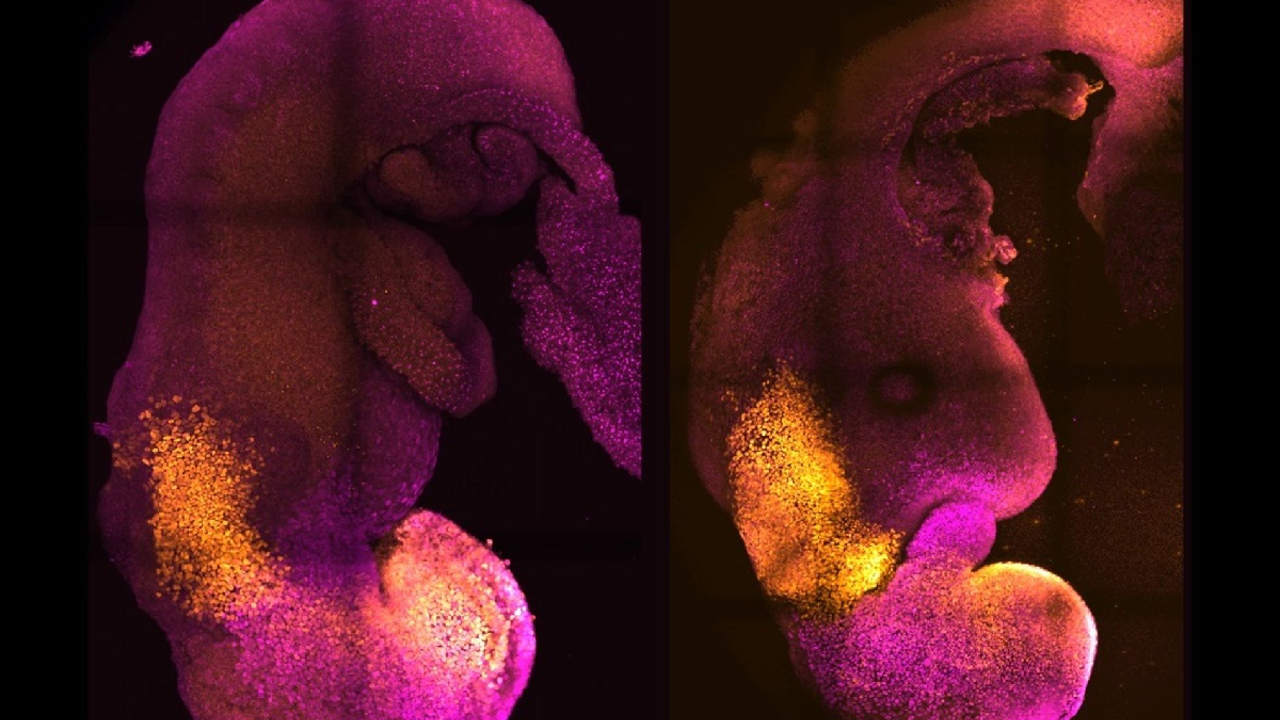Scientists grow mouse embryos in space for first time
Researchers analyzing embryo development under microgravity and high radiation conditions in space have found for the first time that mouse embryos grown in space maintain healthy development.

Scientists have grown mouse embryos on the International Space Station (ISS) for the first time, New Scientist reports.
Frozen mouse zygotes prepared in the laboratory by lead author Teruhiko Wakayama and his team were sent to the ISS on a SpaceX rocket in August 2021.
Astronauts on the ISS grew the 2-celled embryo (zygote) culture for 4 days, the maximum time it can survive outside the womb, and sent it back to Earth, preventing it from degrading through chemical processes.
The researchers stated that no DNA and structure degradation was observed in mouse embryos grown in microgravity and high radiation environments, and normal progression to fetus and placenta formation was detected.
The fact that the high radiation in space does not damage the DNA sequence of embryos can be explained by short-term exposure.
Wakayama noted that the study is an important step in confirming the safety of the process, as a precaution against the possibility of pregnant women on journeys from Earth to Mars lasting more than 6 months.
Wakayama said that the results indicate that it may be possible for mammalian species to reproduce in space, emphasizing that the difficulties of birth in microgravity are not yet known.
In previous studies in which mice were sent into space via NASA for 9 to 11 days in the second half of pregnancy, it was found that pregnant mice gave birth to average-weight offspring that completed normal development after returning to Earth.
Wakayama's team plans to re-inject embryos sent to the ISS into female mice on their return to Earth to study the formation of healthy offspring, and to study the success of fertilization by sending mouse sperm and eggs to the ISS.
The results of the research were published in the journal "iScience".
Source: News Scientist











